Advantec membranes are produced by three different processes. Mixed Cellulose Ester and Cellulose Acetate are reverse phase solvent cast membranes, where controlled evaporation or removal of the complex solvent system forms the porous structure.
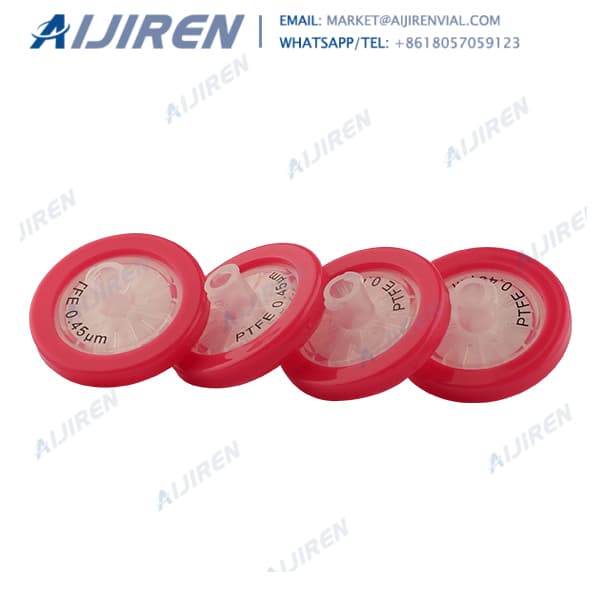
Advantec membranes are produced by three different processes. Mixed Cellulose Ester and Cellulose Acetate are reverse phase solvent cast membranes, where controlled evaporation or removal of the complex solvent system forms the porous structure.
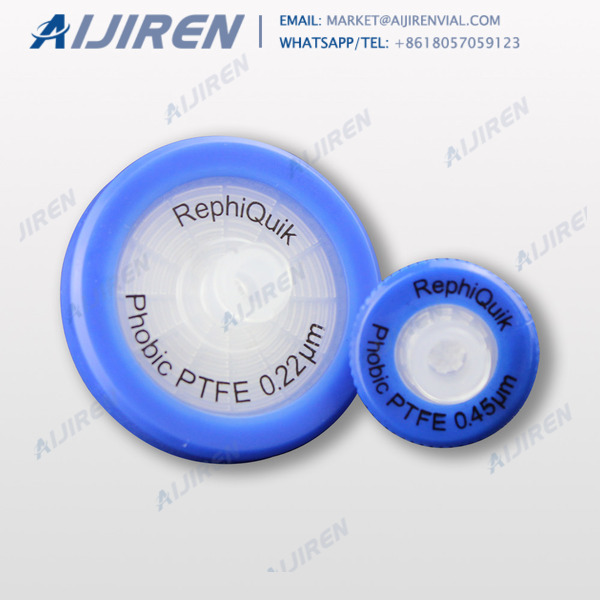
For filtering aqueous solutions, we offer hydrophilic PTFE membrane filters from Advantec. With these filters, there is no need to pre-wet the membrane or flush pre-wetting chemicals. The hydrophilic PTFE membranes are able to maintain filtration integritylife.
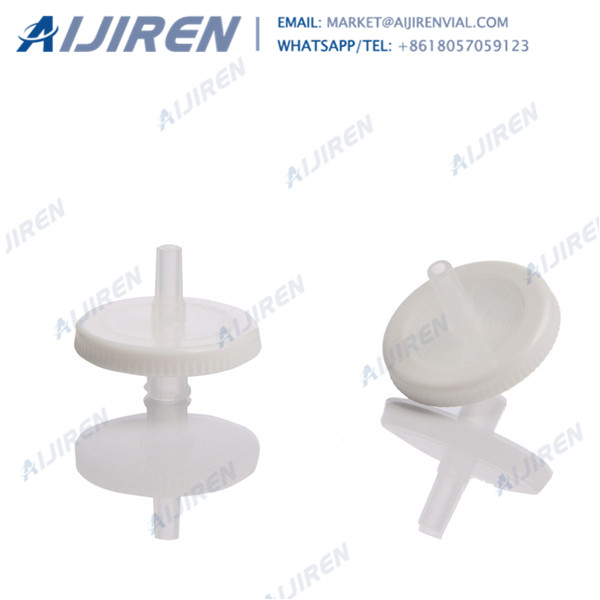
2010/1/18 · Advantec Toyo Kaisha, Ltd. supplies an extensive line of filter media, including cellulose, MCE, CA, PTFE, PES and PCTE as well as glass, quartz, and PTFE depth filters. We aim to serve the pharmaceutical, public health, food and beverage, health care, life sciences and electronics industries with high quality products for separation science.
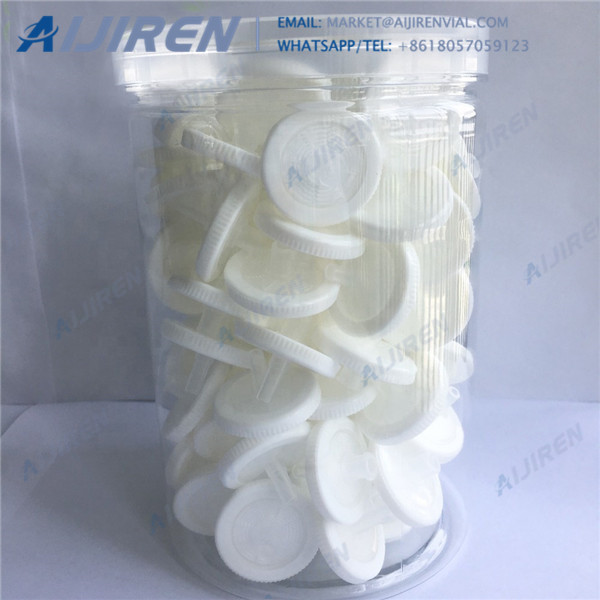
PTFE MEMBRANE CARTRIDGE FILTER. Polyethylene Hardware. Ideal for photoresist, functional resins, organic solvents and gas applications. Features. In order to reduce extractables for the resist filtration process in semiconductor applications, the hardware material has been changed from PP to HDPE. Available pore sizes are 0.05, 0.1, 0.2, 0.5, 1.
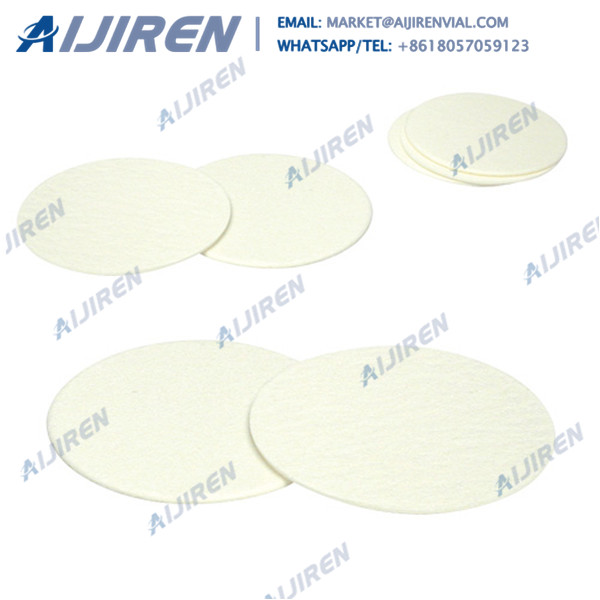
Advantec. This thin, highly porous PTFE membrane is inert to most chemically aggressive solvents, strong acids, and bases that may be incompatible with supported PTFE filters. Ideal for sterilizing gases because it will trap aqueous aerosols on the surface. Operating temperature range: –120 to 260°C (–184 to 500°F). MORE + LESS -.
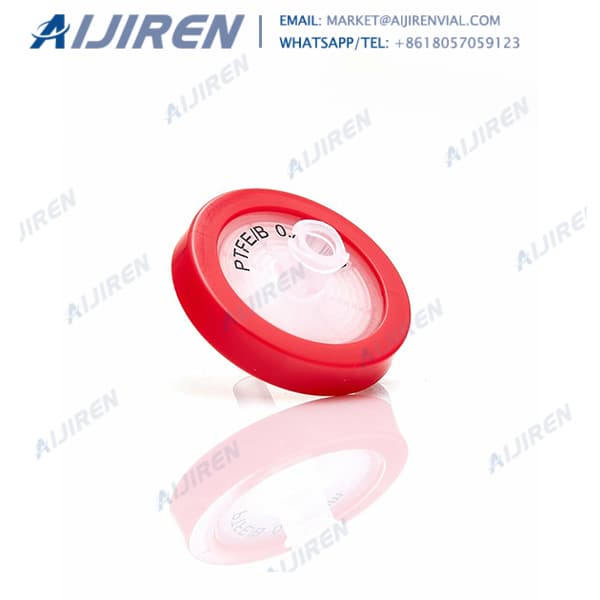
This thin, highly porous PTFE membrane is inert to most chemically aggressive solvents, strong acids, and bases that may be incompatible with supported PTFE filters. Ideal for sterilizing gases because it will trap aqueous aerosols on the surface. Operating temperature range: –120 to 260°C (–184 to 500°F). View Virtual Catalog - English
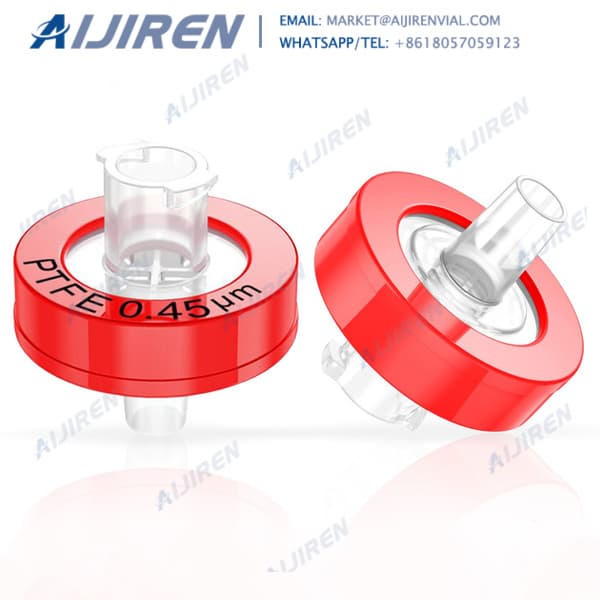
Hawach nylon membrane filters are approved by ISO901, OEM service is available. Nylon 66 filter is a good choice for your chemical and biological lab. Inquiry now Description of Nylon Membrane Filters Nylon membrane filters, which are also called nylon 66 filter membranes, are inherently hydrophilic membrane filter made by impregnating a polyester web with nylon and high strength.
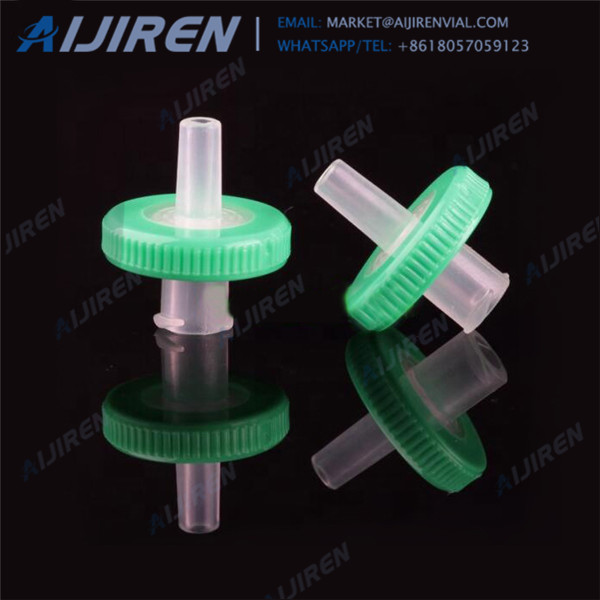
Supported PTFE membranes are inert to most chemically aggressive solvents, strong acids and bases. Since PTFE is inherently hydrophobic these membranes are used to sterilize gases and trap aqueous aerosols. When used in venting applications, gases pass freely while aqueous liquids are blocked thereby protecting pumps and critical samples.
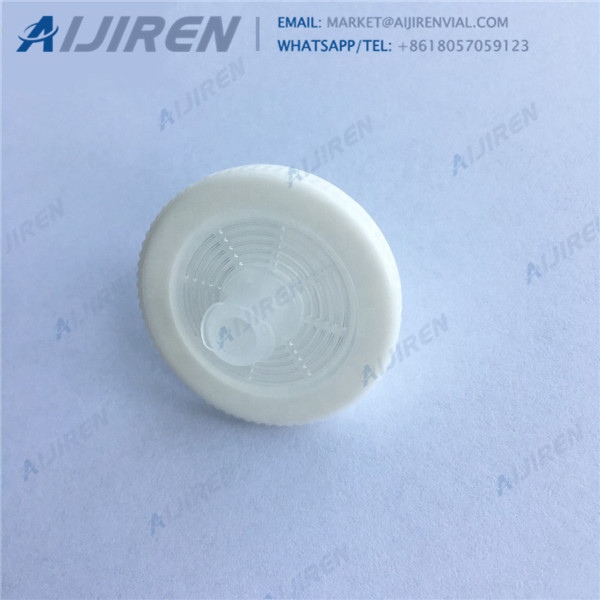
The CA and PES membranes are suitable for filtration of aqueous and alcohols while the PTFE membrane can also be used with organic solvents. 30% larger filtration area when compared with a 25㎜ filter unit. Sterile and non-sterile are available (PES

PTFE membrane is hydrophobic and not for use with liquids with surface tention ≥ 32mN. Prewetting the membrane with isopropyl alcohol or ethyl alcohol will allow filtration of aqueous solutions. The plastic cartridge housing can degrade over time.
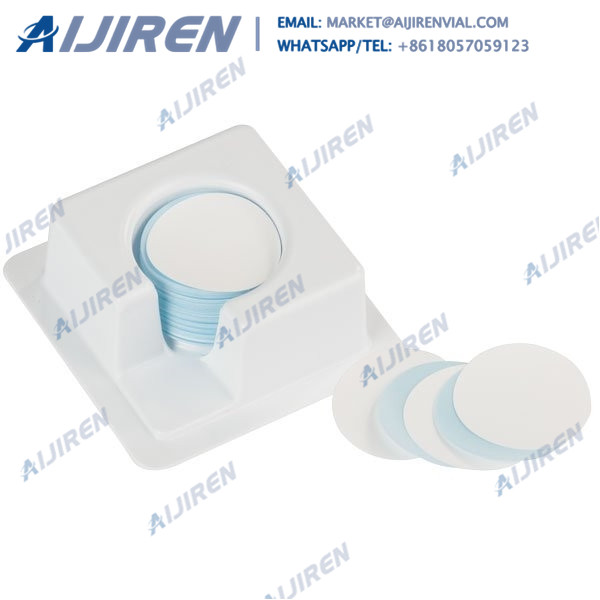
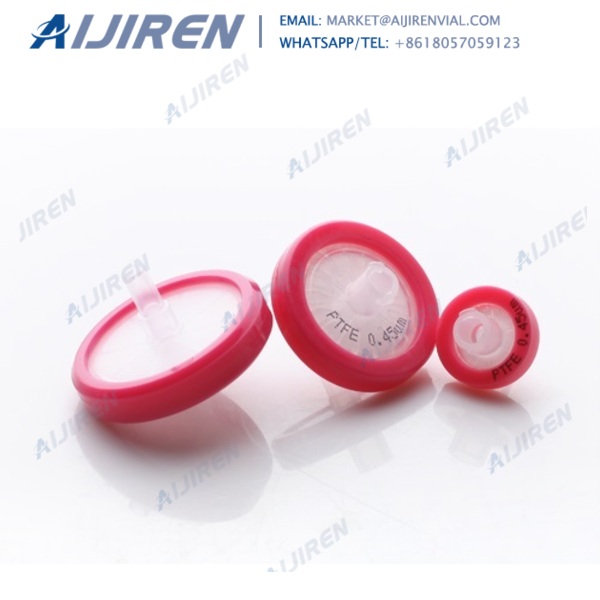
A laminated polypropylene support offers improved handling characteristics to this PTFE membrane filter. Use to sterilize and clarify strong acids, bases, and aggressive solvents. Ideal for air and gas venting. Protects pumps and critical samples by blocking
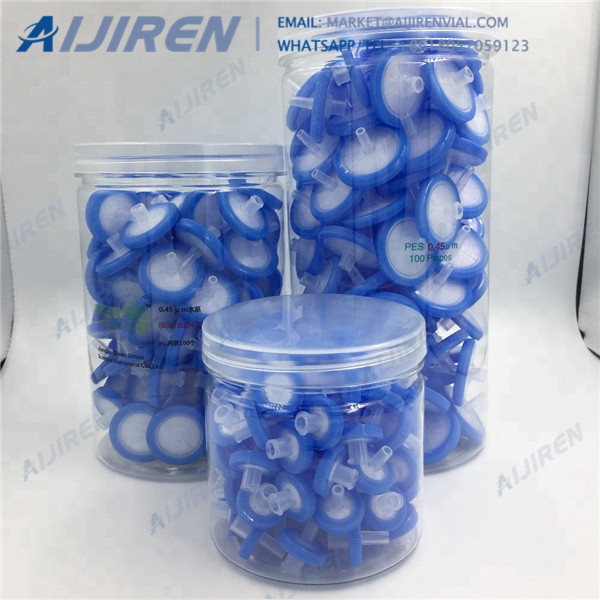
PTFE and other hydrophobic materials are well suited to organic samples and solvents, which result in no resistance or back pressure. However, some organic solvents can absorb into the membrane material, especially when in contact for long periods.
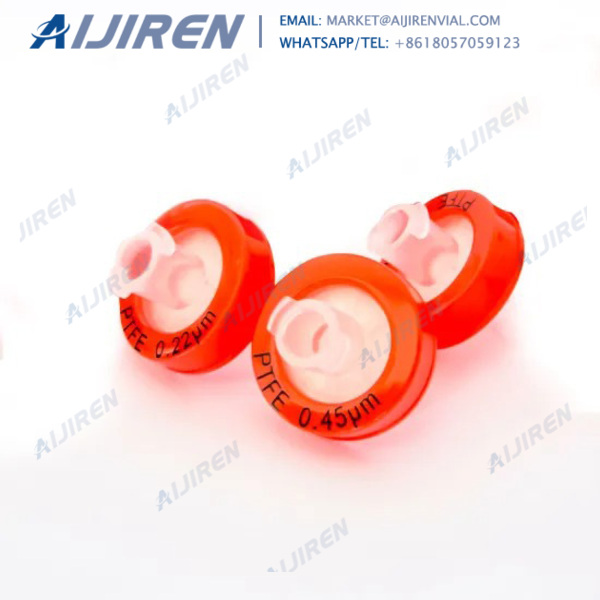
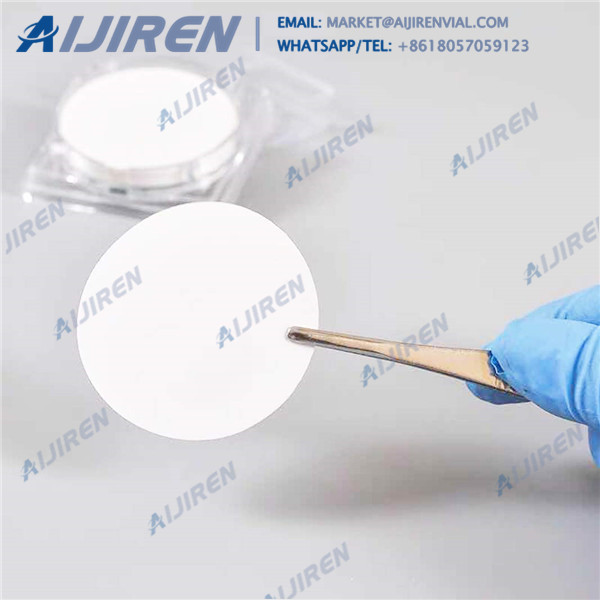
PTFE membrane is manufactured in a unique way where polytetrafluorethylene (PTFE) is expanded both uniaxially and biaxially. The resultant membrane is thin, highly porous, and behaves as an absolute retentive membrane. PTFE offers maximum chemical and pH resistance to a broad range of aqueous and organic solvents.